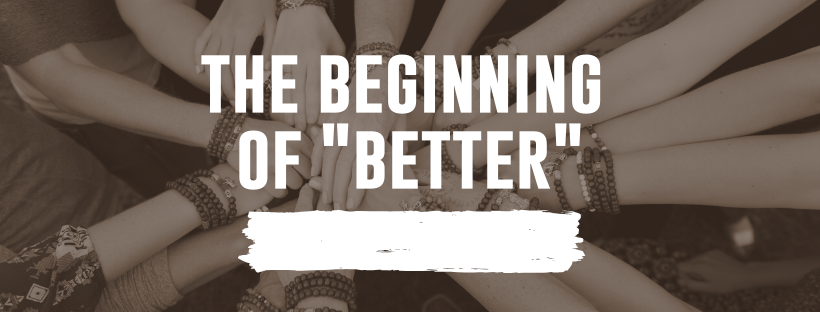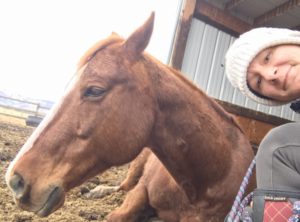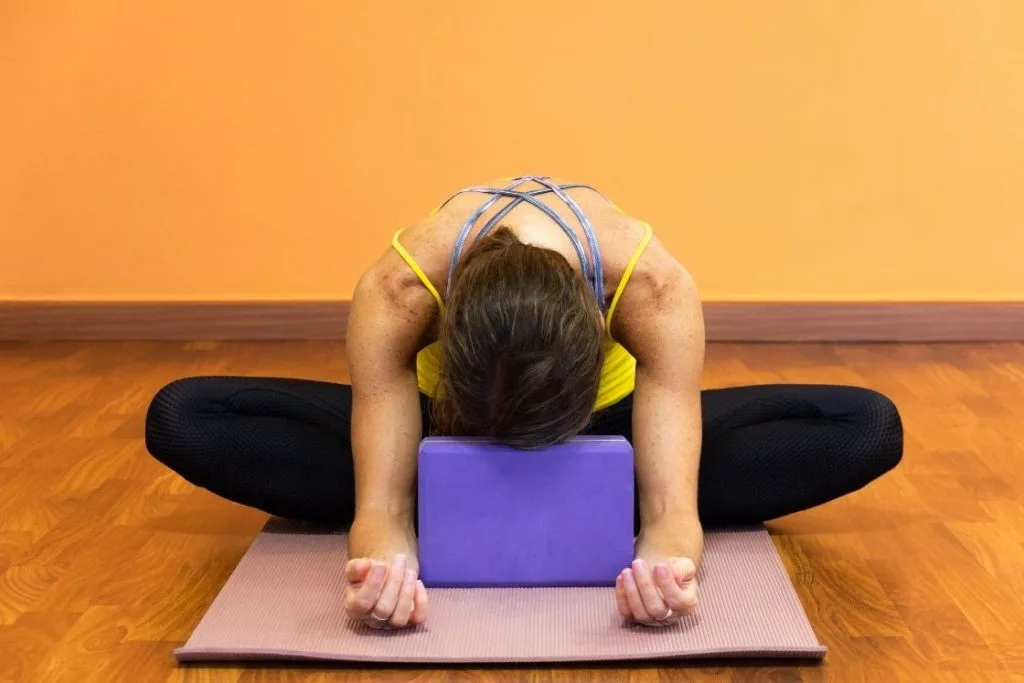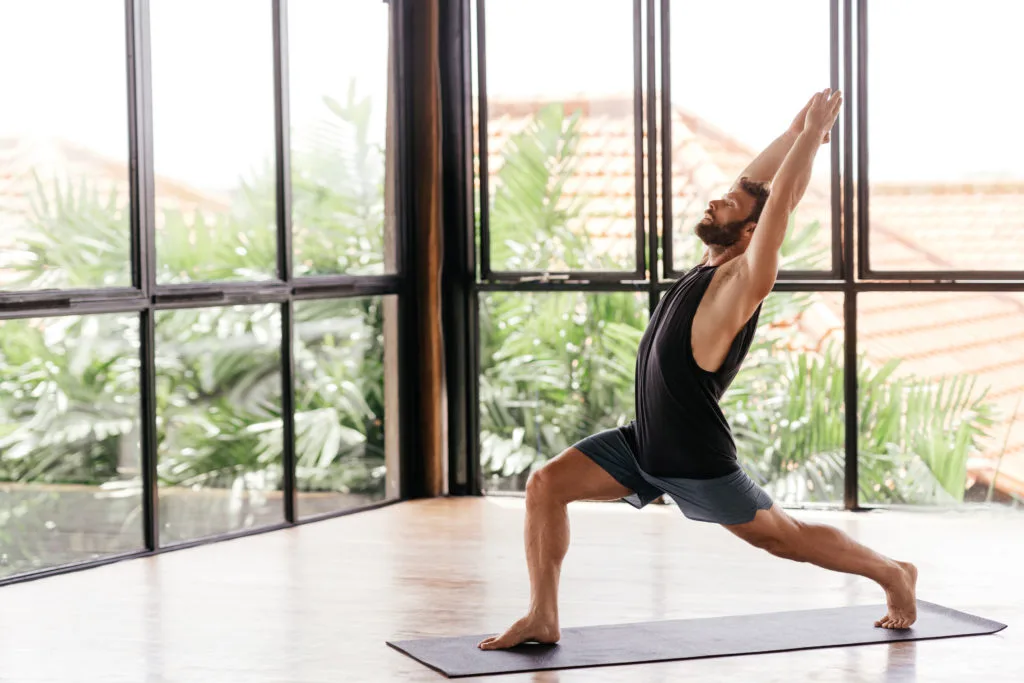The Beginning of Better

This spring hasn’t gone the way anyone would like it to — literally anyone. If you’re still on the anxiety rollercoaster, know that you’re not alone.
Part of surviving the current health situation is taking care of yourself mentally, not just physically. That can be a tall order if you allow news stations and social media feeds to take over your thoughts.
Some days are better than others (yesterday was good; today was harder) and that’s OK. We knew this would be the darkest few weeks of U.S. news, but that doesn’t mean it will forever remain dark.
When I notice pointless worry creeping in, I’m intentionally reminding myself of this reality:
The beginning of “better” starts at the end of the worst.
We’re fast approaching the beginning of “better” here in the States, so try to stay focused on that.
Will the “better” feel as good as before COVID arrived? It won’t, at least not for a while. Will everything magically go back to normal overnight? No, it’ll take time and thoughtful planning. Will there be relapses? Likely, but we’ll be prepared to shut them down way faster.
With the beginning of better coming up, take comfort in the fact that you will never feel as caught off guard, vulnerable, or scared as you did leading up to this point. That’s the powerful reality. Hold onto it.
So while the next few weeks may feel like the worst, it means the beginning of “better” is right around the corner.
Training your brain is key.
There’s a lot that isn’t going well right now, no doubt about it. It can feel so overwhelming that you might forget that some things ARE okay. You might also forget that YOU are ok.
This is a time that feels like all or nothing, but the rational part of your brain (which tries to pretend it’s on a permanent #coronacation) knows that’s simply not true.
That’s why I’m training my brain not to use words like “everything,” “everyone,” “nothing,” or “never” anymore. Those are words anxiety likes to use to paralyze and frighten you. Heck, it doesn’t even make us feel better — so cut it out.
When was the last time you asked yourself, “What’s the best case scenario?”
This then that.
Another trick our brains like to pull? If you start thinking about one thing that needs to change, your noggin tries to get you to think about ALL the things that need to change — and do it right now.
Oh, hey, Brain Freeze. I know you.
Instead, remind yourself to stay focused on the present and what you can do to keep yourself and others safe today. That’s it for now, your only job.
Believing your brain when it tells you to wake up and start solving the global testing shortage or devise an economic recovery plan at 4 am isn’t helpful. (Unless you’re a scientist, doctor, or economist — in which case, please, hop to it!)
For the rest of us, though, mentally churning through every BIG problem simultaneously isn’t a useful way to spend your time or energy. Those things will need to be dealt with, no question. Proper testing, tracking, and economic stability will impact how quickly we can return to a “new normal” and ensure the health of our friends and neighbors longterm.
Over the next ten days, though, as we approach the beginning of better, stay right here, right now.
Deal with this 24 hours, then we’ll deal with the next 24.
(My mantra for this idea is “This Then That.”)
Think about what you need to do today in your own home. Work on some small projects that help those closest to you, like sewing face masks for friends. Sign up for an online class or certification program that’ll help you professionally later.
Or, spend your time applying for one of the new COVID support initiatives like the Paycheck Protection Program.
And when you feel tired, rest for a bit. It’s ok. Be kind to yourself.
What I’m focused on right now.
You don’t have to pretend to feel ok when you don’t. On tougher mental days, however, you have to diligently feed your brain positive and hopeful thoughts instead of the “junk food” in the news or on Facebook.
Remember, you are what you eat — errr, think.
Here are some of the thoughts that are helping me:
- The vast majority of people you know will be OK. In fact, 99% of people who get the virus, period, will still be ok. (This is not to downplay our losses, rather to underscore why we shouldn’t allow our brains to use words like “everything” or “everyone.”)
- U.S. cases and deaths are projected to begin declining as soon as next week.
- New York has already discharged 75% of its hospitalized COVID patients. That’s a lot of lives saved.
- Many other states have already “peaked,” meaning they’re seeing progressively less hospitalizations and deaths.
- We’ve seen hard-hit areas around the globe start to improve and recover.
- Countries like New Zealand are learning from other’s responses (or lack thereof) and acting more quickly to contain the virus.
- Social distancing and staying home is WORKING, and you ARE helping. Keep doing it even if your city/state hasn’t ordered it.
- The more people who follow the rules, the more their state’s projections are improving. We’re not powerless over the “scary stats.” We can change them when we work together. (We’ve already reduced projected U.S. deaths by more than 13,000 in the past week alone.)
- Distancing and remaining home is THE most effective way to keep your local medical staff and facilities at their best. Staying home helps our heroes be heroes.
- People are learning and adapting more quickly than ever — including medical workers, scientists, and manufacturers around the world.
- There’s more collective brain power working on this single issue than any in modern history. A massive global effort is underway to develop vaccines, improve testing, and produce more supplies. Not fast enough doesn’t mean not ever.
- Improving one area cascades into improvements in other areas — and not just geographic areas. States that are already recovering are sharing supplies and lessons learned, scientific discoveries are jumpstarting new innovations, and critical gaps in our healthcare system and government have been exposed so more people are aware we need to fix them.
- Once the worst has passed, which will be soon, there will be exponentially more things you can DO to make our better even better. Whether it’s being able to volunteer at your local food bank, checking on neighbors and friends in person, or making big life changes in your profession or education, doors will open (literally and figuratively).
- Animals and nature are getting a much needed breather — literally. Pollution is at a record low while we stay home, and we’re seeing that it IS possible to combat climate change in big ways.
- There have been pandemics in the past. This one will eventually be in our past, too.
- The virus isn’t magical, and it has no agenda. It’s not “out to get us,” and it’s NOT invincible.
- On the other hand, Dr. Fauci IS a superhero, and he’s on our side.
- There’s a Presidential election this November. It’s never been clearer that voting has huge consequences. Make sure you’re registered, and let’s get the government we deserve.
Here’s the bottom line…
Hope is more contagious than this @#$*%& virus.
 This experience will change all of us. It will change us as individuals, towns, states, countries, and a global community. Do your part to make sure that change is for the better.
This experience will change all of us. It will change us as individuals, towns, states, countries, and a global community. Do your part to make sure that change is for the better.
Now more than ever, all forward motion counts. And we’re about to take some serious strides together.
XO, Nicole
Additional Resources:






